1.
On September 24th (Tuesday), before the U.S. stock market opened, the three major U.S. stock index futures all fell.
Dow futures fell by 0.03%, S&P 500 index futures fell by 0.05%, and Nasdaq futures fell by 0.06%.
2.
The German DAX index rose by 0.69%, the UK FTSE 100 index rose by 0.28%, the French CAC 40 index rose by 1.38%, and the Euro Stoxx 50 index rose by 0.99%.
3.
WTI crude oil rose by 2.36%, reporting at $72.03 per barrel.
Brent crude oil rose by 2.148%, reporting at $74.78 per barrel.
Market news suggests that the U.S. stock market's party is far from over?
The Federal Reserve's interest rate cut cycle may be about to open the "melt-up" curtain.
Ed Yardeni, a Wall Street veteran known for his long-term bullish stance on the U.S. stock market and founder of the renowned investment firm Yardeni Research, stated that due to the Federal Reserve's unexpected 50 basis points rate cut last week, which initiated an easing cycle, the U.S. stock market may experience a "melt-up" scenario—where the stock market's rapid surge continues to set new historical highs, eventually leading to an internet bubble similar to that of the late 20th century.
This Wall Street veteran also stated that if the Federal Reserve and other global central banks do not adopt a cautious stance, it could also lead to a rapid resurgence of inflation rates.
Yardeni said that the Federal Reserve's latest policy decision has raised the possibility of a U.S. stock market "melt-up" from 20% to 30%, and the best explanation for the term "melt-up" is the internet bubble period.
Federal Reserve officials are speaking out in droves, leaving the door open for another significant rate cut.
Several Federal Reserve officials left the door open for further significant rate cuts on Monday, noting that current interest rate levels still pose a serious pressure on the U.S. economy.
However, none of these Federal Reserve officials indicated a preference for repeating the 50 basis points rate cut made by the Federal Reserve last week, stating that upcoming data will guide their decisions.
Among them, Chicago Fed President Goolsbee, Atlanta Fed President Raphael Bostic, and Minneapolis Fed President Neel Kashkari all stated on Monday that they support the Federal Reserve's decision to cut rates by 50 basis points last week.
On the issue of how quickly the Federal Reserve should cut interest rates, Bostic is clearly more cautious than Goolsbee.
But he also acknowledged that there may be room for the Federal Reserve to cut rates before reaching the neutral rate.
After the Federal Reserve's significant rate cut, U.S. companies have started a bond issuance boom.
Following the Federal Reserve's significant reduction in the benchmark interest rate last week to lower borrowing costs, U.S. companies flocked to the bond market on Monday.
Ten high-grade issuers, including T-Mobile US (TMUS.US), raised a total of $12.2 billion, and the market rebounded after last week's issuance fell short of expectations.
Syndicate trading departments said that this week's issuance could reach between $20 billion and $25 billion.
Ten companies borrowed in the junk bond market, making it the busiest day of the year in terms of the number of issuers.
Similarly, in the United States, 18 leveraged loan transactions were launched.
Last week, the Federal Reserve decided to cut interest rates by 50 basis points, a move that further tightened credit spreads.
This provided borrowers with the opportunity to refinance and raise new capital before the interruption of profits and potential volatility from the upcoming U.S. election or soon-to-be-released economic data.
Former Merrill Lynch market expert Charles Clough: The current stock market is different from the internet bubble period and still has room to rise.
Despite the strong rise of the U.S. stock market this year, many people still choose to be bearish, among the most famous is the former J.P. Morgan Chase chief market strategist Marko Kolanovic.
Marko Kolanovic, regarded as the "best contrarian indicator" of the U.S. stock market, left J.P. Morgan Chase after nearly twenty years, reminding many traders, bankers, and analysts of Charles Clough, the former Merrill Lynch chief investment strategist who resigned nearly twenty-five years ago.
However, he stated that today's market is completely different from that era.
Clough Capital, which currently manages a hedge fund, believes that the cash flow generated by U.S. companies is sufficient to prove that the continuously rising stock prices are justified, and the economy is operating well, with inflation and interest rates expected to decline.
In his view, there is still a lot of room for the stock market to rise.
Goldman Sachs: As interest rates fall, hedge funds are scrambling to buy U.S. technology stocks.
According to a Goldman Sachs institutional brokerage client report seen on Monday, stimulated by the Federal Reserve's expected 50 basis point rate cut, hedge funds bought U.S. technology and media stocks at the fastest pace in four months last week.
The expected decline in interest rates is expected to boost industrial spending, making it easier for companies to borrow at lower costs and for consumers to buy technology products, all of which may benefit the industry's stock prices.
The institutional brokerage report stated that hedge funds' long positions betting on the rise of information technology stocks are almost three times the long positions betting on the decline of information technology stocks.
Goldman Sachs' report said that the buying of semiconductor and related equipment companies exceeded the selling of technology hardware companies such as computer, display, and hard disk drive manufacturers.
The report also stated that hedge funds have also taken short positions, increasing their long bets on interactive media and entertainment companies.
Short positions anticipate a decline in asset values.
Individual stock news Boeing (BA.US) proposed a 30% pay raise to quell the strike, which was firmly rejected by the union.
Boeing bypassed angry union leaders and directly proposed a 30% pay raise to striking workers in an attempt to quell a strike that has severely weakened its vitality.
The strike has led to the closure of Boeing's aircraft manufacturing plants in the Pacific Northwest.
The aircraft manufacturer proposed a 30% pay raise for Seattle factory workers over four years, higher than the 25% pay raise rejected by 33,000 members of the International Association of Machinists and Aerospace Workers (IAM) earlier this month.
Boeing stated that these terms are final and valid until September 27th.
IAM Local 751 Union responded harshly a few hours later on its website, stating that the proposal was "thrown at us without any discussion."
The union stated that Boeing has been refusing to meet since the negotiations broke down last week, and added that there will be no vote on the latest proposal.
Nippon Steel urges USW leadership to participate in negotiations to promote the acquisition of U.S. Steel (X.US).
Nippon Steel Vice Chairman Takahiro Mori said on Tuesday that the company remains committed to negotiating with the United Steelworkers (USW) regarding its acquisition of U.S. Steel.
Mori, as the main negotiator of the acquisition deal, stated in a letter to U.S. Steel employees that USW President David McCall "has not seriously considered any of the proposals we have put forward."
David McCall responded by saying: "Nippon Steel has never made a commitment that cannot be easily revoked.
Its so-called guarantees are conditional, allowing Japanese executives in Tokyo to change business plans at any time, putting workers and their communities at a disadvantage."
The agreement has been opposed by prominent figures from both the Democratic and Republican parties before the U.S. presidential election in November, including Democratic candidate Harris and her Republican rival Donald Trump.
Coinbase (COIN.US) goes to court with the U.S. SEC over new cryptocurrency regulations.
The largest cryptocurrency exchange in the United States, Coinbase (COIN.US), faced off with the U.S. Securities and Exchange Commission (SEC) in the Philadelphia Federal Appeals Court on Monday, with Coinbase urging the SEC to establish new rules for digital assets.
Coinbase sued the SEC last year in an attempt to force the regulatory agency to take action on the rule-making petition submitted by Coinbase in 2022.
In that petition, Coinbase urged the SEC to clarify when digital assets are considered securities and to create a new market structure framework compatible with cryptocurrencies.
The SEC rejected Coinbase's petition for new rules in December 2023, stating that existing financial market regulations also apply to cryptocurrencies.
SEC Chairman Gary Gensler has repeatedly stated that most cryptocurrencies are securities and are under the jurisdiction of the SEC.
It is rumored that the U.S. Department of Justice will sue Visa (V.US) for monopolizing the debit card market.
According to informed sources, the U.S. Department of Justice plans to sue the world's largest payment network operator Visa (V.US), accusing the company of illegally monopolizing the country's debit card market.
Sources said that the antitrust division will sue Visa in federal court as early as local time on the 24th, accusing it of various anti-competitive practices.
Sources said that in 2023, the U.S. Department of Justice's antitrust division issued an investigation request to Visa, requiring it to provide documents and information about its U.S. debit card business and competition with other payment networks.
The aforementioned investigation was launched in 2021, at which time Visa stated that it believes its debit practices are in compliance with applicable laws.
Important economic data and event previews 22:00 Beijing time: U.S. September Conference Board Consumer Confidence Index, U.S. September Richmond Fed Manufacturing Index.
04:30 the next day Beijing time: U.S. API crude oil inventory change as of September 20 (million barrels).
21:00 Beijing time: Federal Reserve Governor Bowman speaks on the economic outlook and monetary policy.
22:00 Beijing time: U.S. President Biden addresses the United Nations General Assembly.

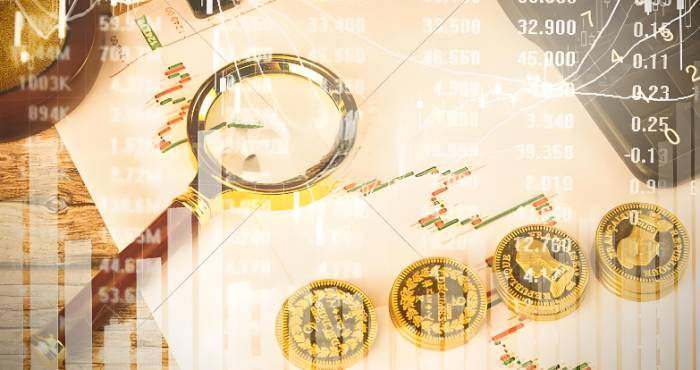





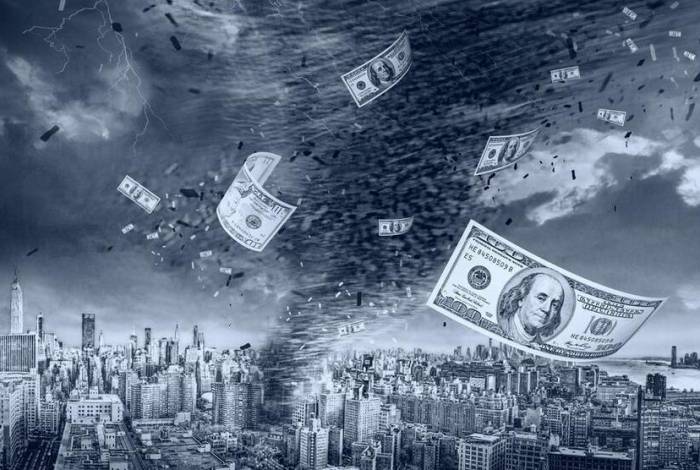





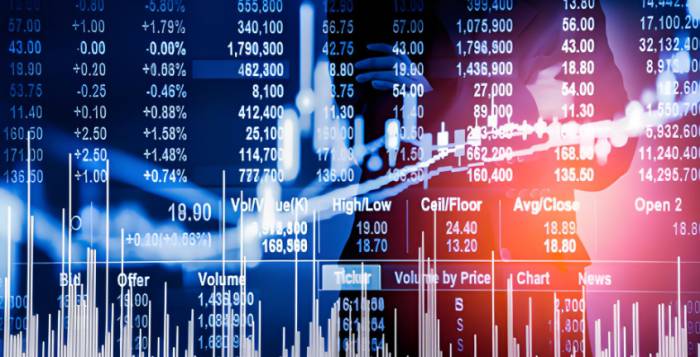

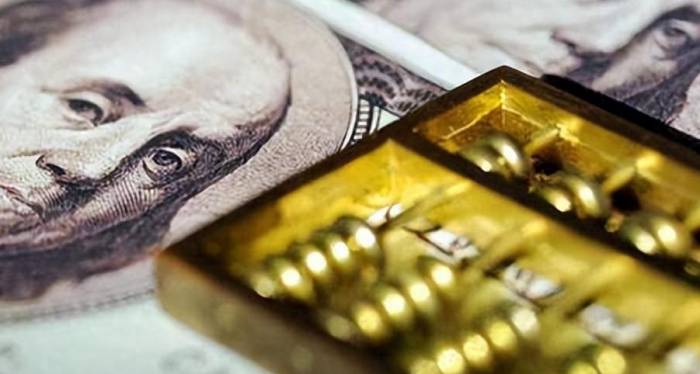







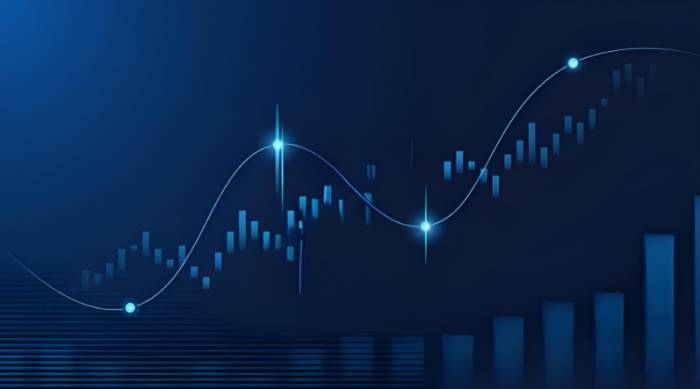

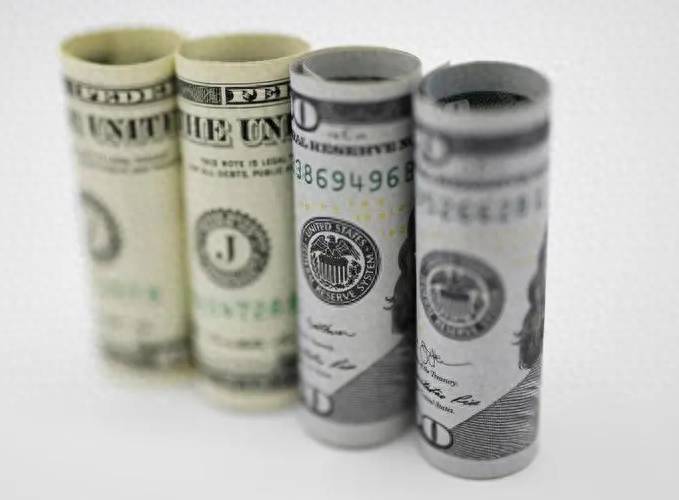


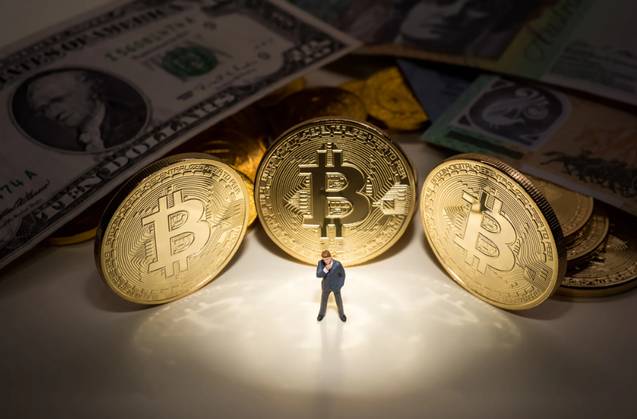

Leave a Comment